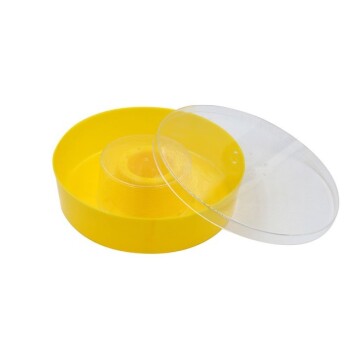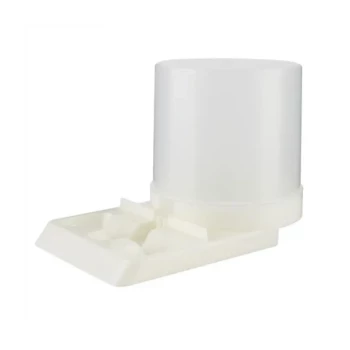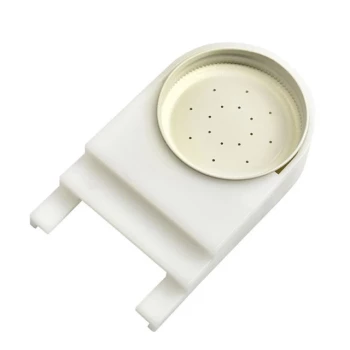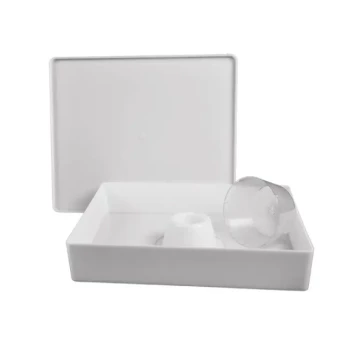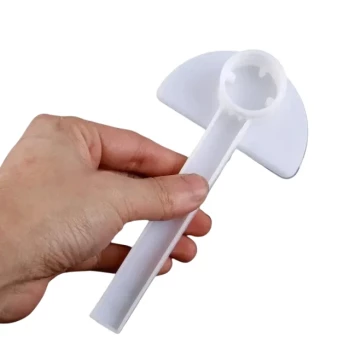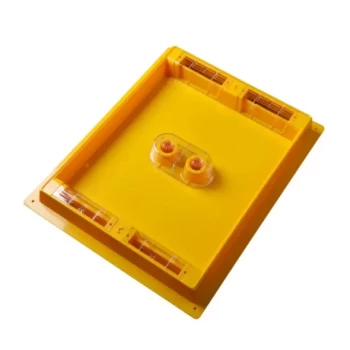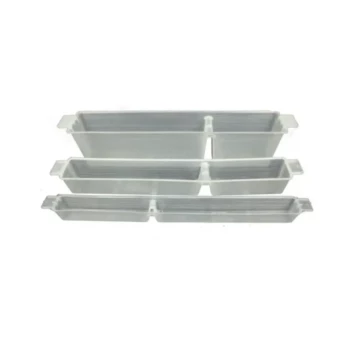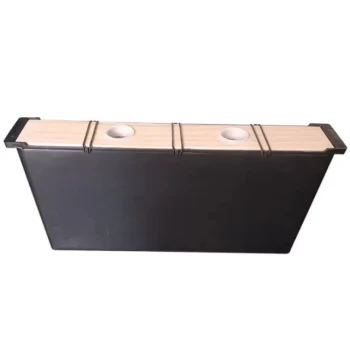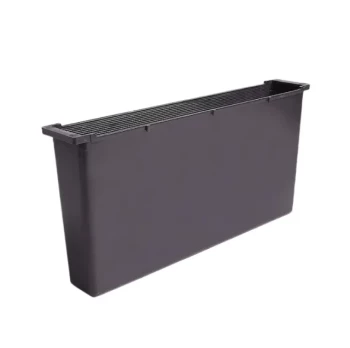The most common substitutes beekeepers use are sugar syrup (as a replacement for honey) and various pollen substitutes. These are provided to ensure the colony has sufficient carbohydrates and protein when natural nectar and pollen sources are unavailable.
Supplemental feeding is a critical tool for ensuring a colony's survival through periods of scarcity. However, it is an intervention of last resort, as the primary goal of a responsible beekeeper is to help bees thrive on natural forage, not to adulterate honey intended for production.
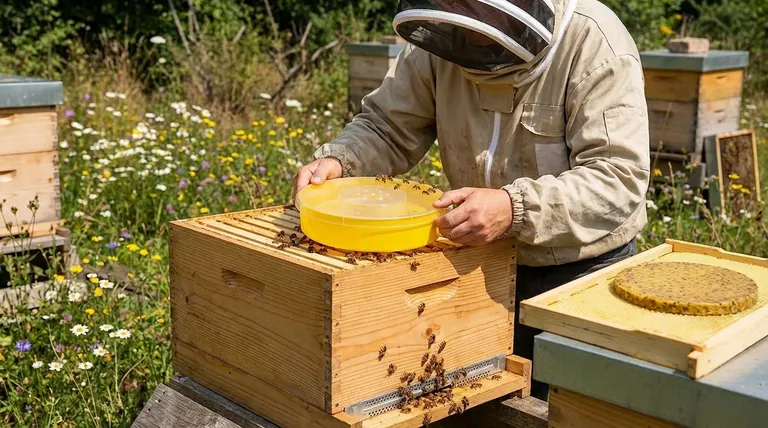
The Purpose of Supplemental Feeding
Beekeepers provide artificial food sources for two primary reasons: to ensure survival during hardship or to strategically stimulate the colony's behavior.
To Prevent Starvation
The most critical reason to feed bees is to prevent the colony from starving. This occurs during a nectar dearth, a period when there are no blooming flowers for bees to forage.
Feeding also becomes essential to help a colony build sufficient food stores to survive the long, cold winter months when they cannot fly.
To Stimulate Colony Growth
Beekeepers may also feed to mimic a natural nectar flow. This encourages the queen to lay more eggs and the colony to raise more brood.
This strategy is often used in the spring to build up a colony's population in preparation for the main honey flow or for pollination services.
Common Bee Food Substitutes
The two artificial feeds directly replace the bees' natural diet of nectar (carbohydrates) and pollen (protein).
Sugar Syrup as a Honey Substitute
Sugar syrup is the standard replacement for honey. It provides the essential carbohydrates bees need for energy.
Beekeepers typically mix white table sugar with water to create a syrup that mimics the consistency and sweetness of natural nectar.
Pollen Substitutes for Brood Rearing
Pollen substitutes, often formed into patties, provide the protein, lipids, and vitamins that bees would normally get from flower pollen.
This protein is absolutely essential for raising new bees, as it is the primary food for developing larvae. A lack of protein will halt all brood production.
Understanding the Trade-offs and Risks
While necessary at times, feeding bees artificial substitutes is not without significant downsides that every beekeeper must manage.
The Risk of Honey Adulteration
The most significant concern is the potential for adulterating the honey crop. If a beekeeper feeds sugar syrup while the bees are producing honey for harvest, that syrup will be mixed in.
This contaminates the final product, which is why feeding is strictly avoided during a nectar flow and is considered a tool for survival, not for honey production.
Unintended Consequences of Scarcity
If bees are not fed during a dearth, their survival instincts take over. They become resourceful but can also become a public nuisance.
Starving bees are known to seek out sugar from hummingbird feeders, soda cans in recycling bins, and garbage cans. They may also resort to robbing weaker beehives, a destructive behavior that can wipe out other colonies.
Applying This to Your Hive Management
Your decision to feed should be based on a clear assessment of your colony's needs and your overall beekeeping goals.
- If your primary focus is colony survival during a dearth: Provide sugar syrup and pollen substitutes to prevent starvation and ensure the hive has the resources to continue raising brood.
- If your primary focus is preparing for winter: Begin feeding a heavy sugar syrup 2-3 months before the first frost to ensure the bees have enough stored food to last until spring.
- If your primary focus is producing pure honey: Never feed during a nectar flow and remove all feeders well before you intend to harvest honey.
Ultimately, responsible feeding is about supporting your bees when nature falls short, not replacing it.
Summary Table:
| Substitute Type | Primary Purpose | Common Form | Key Consideration |
|---|---|---|---|
| Sugar Syrup | Carbohydrate source, prevents starvation | Liquid syrup (sugar/water mix) | Risk of honey adulteration; remove before harvest |
| Pollen Substitutes | Protein source for brood rearing | Patties or powder | Essential for colony growth during pollen scarcity |
Ensure your apiary's success with reliable, high-quality feeding supplies from HONESTBEE. We supply commercial apiaries and beekeeping equipment distributors with the essential tools—from feeders to pollen substitutes—needed for effective supplemental feeding and colony management. Don't let a nectar dearth threaten your operation. Contact our expert team today to discuss your wholesale needs and keep your colonies thriving.
Visual Guide
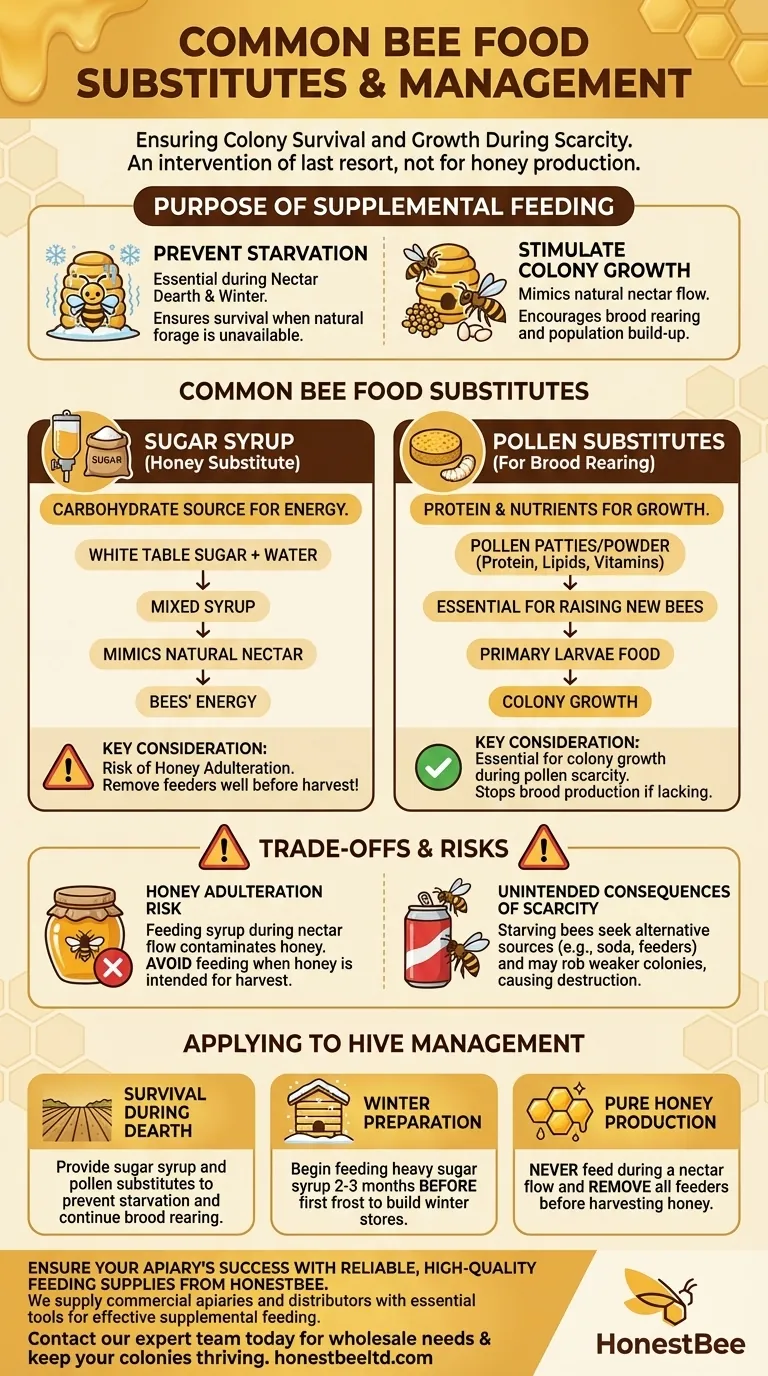
Related Products
- HONESTBEE Round Hive Top Bee Feeder for Syrup
- HONESTBEE Entrance Bee Feeder Professional Hive Nutrition Solution for Beekeeping
- Rapid Bee Feeder White Plastic 2L Round Top Feeder for 8 or 10-Frame Bee Hives
- Classic Boardman Entrance Bee Feeder Hive Front Feeding Solution
- HONESTBEE Professional Entrance Bee Feeder Hive Nutrition Solution
People Also Ask
- What is the best way to top feed bees? A Safe, High-Volume Feeding Solution for Your Apiary
- What types of hive boxes is the round hive top feeder compatible with? Universal Fit for 8 & 10-Frame Langstroth Hives
- What can the round hive top feeder be used for? A Guide to Efficient, Safe Bee Feeding
- How do you use a top feeder for bees? Expert Guide to Installation and High-Volume Hive Feeding
- How should syrup for bees be prepared? Master the Ratio for a Thriving Hive
